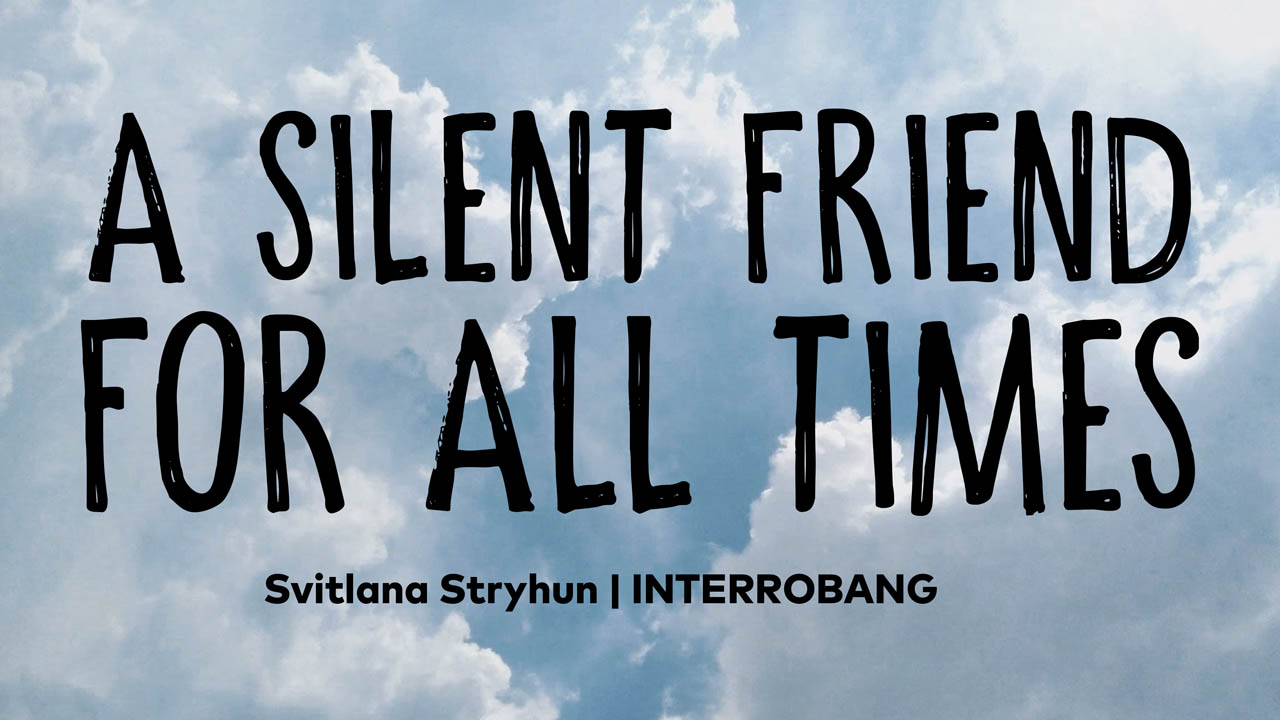A silent friend for all times
 CREDIT: FSU PUBLICATIONS AND COMMUNICATIONS DEPARTMENT
CREDIT: FSU PUBLICATIONS AND COMMUNICATIONS DEPARTMENTThousands of books and articles have been written about literature, and only a few about reading it. But these phenomena are inseparable. A book without reading is a dead pile of pages. Reading without literature is a purely mechanical phenomenon. Only together do they come to life.
To read means to get acquainted with the content of books, to assimilate what the authors captured there. A book is a friend, a comforter, a guide. It is what helps us formulate our thoughts and our feelings that have remained unclear and indefinite. It nourishes with content and gives spiritual support.
Reading can even lengthen our lives. A 12-year observation at Yale University revealed that participants who read more than 3.5 hours a week decreased their risk of premature death by 23 per cent, compared to those who did not read.
The emergence and popularization of the Internet has altered our understanding of many familiar things including communication, work, and information. Today, the possibility that students will look for answers in stationary libraries is practically eliminated; the necessary book or publication can be easily found online.
Until the 20th century, books were one of the few cultural leisure options available and were often synonymous with progress. It was the only source of information. Radio and television would later become serious competitors to literature, though. After all, it might be easier to just watch an interesting film, where all the emotions are in full view without the participation of our imagination. The complication is the fact that books have not become more accessible, that is to say, cheaper. Therefore, people with a low level of income may find it difficult to justify buying new books.
Not to mention, something like a computer can contain potentially more interesting activities than reading including games, social media and music.
Among teenagers and adults, fantasy and adventure remain the most popular genres, which perhaps shows that young brains crave excitement from dynamic, imaginative stories. Nowadays, less and less people read classic literature. There’s a drastic change in book preferences even between young people and their parents.
An additional difficulty is the lack of a culture of reading. Children who do not see their parents reading books, may feel reluctant to take up the hobby themselves.
Many people don’t even start reading a book because they feel like they don’t have time for it. The age of computer technology keeps us living in a fast paced world. It seems that it is much faster to watch a film than to read a thick book, written in potentially complex language. But with so many films today being based on books or other existing intellectual properties, going back to the source material might give you a completely different emotion and a fresh idea of the work. The brain needs little time to “convert” letters, instantly letting your imagination get to work, and the more a person reads, the better they can understand and visualize words on a page.
A variety of sources allow us to choose how we obtain information, and today, books may not be most people’s number-one choice. It may take quite a bit of time for a person to grow tired of the endless stream of blogs, bright advertisements, YouTube videos, and podcasts. But eventually, they may end up returning to the media that started it all: books.

















